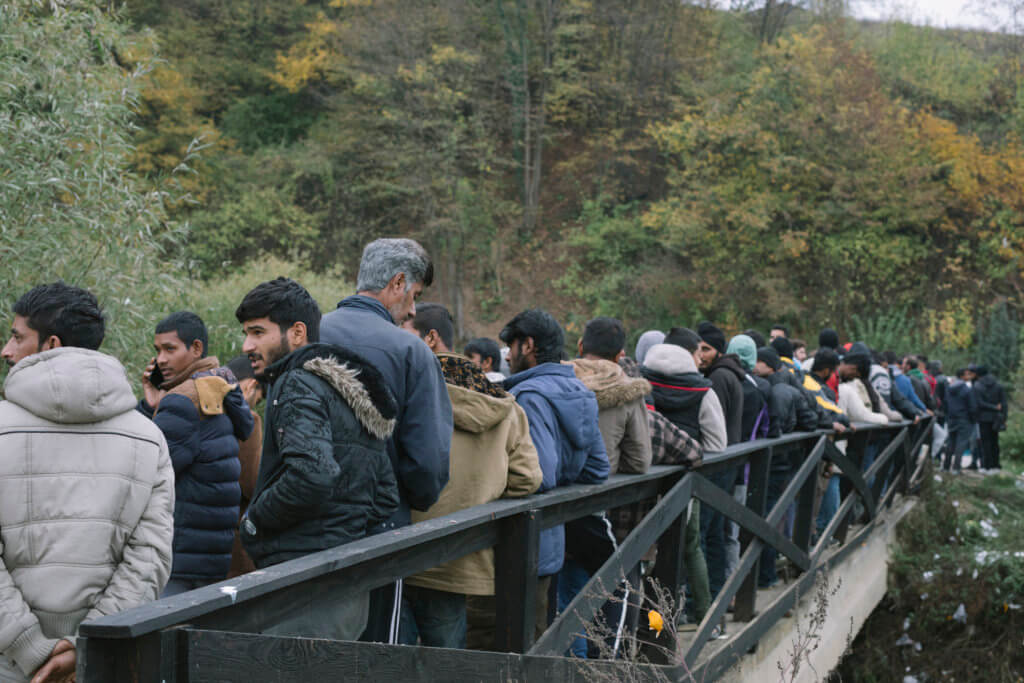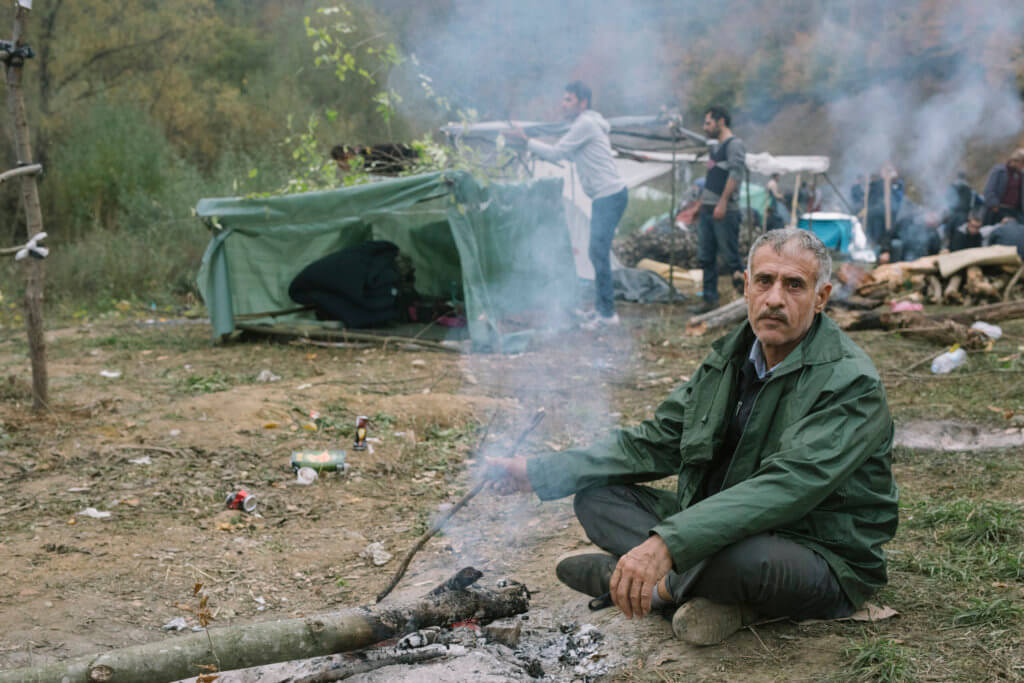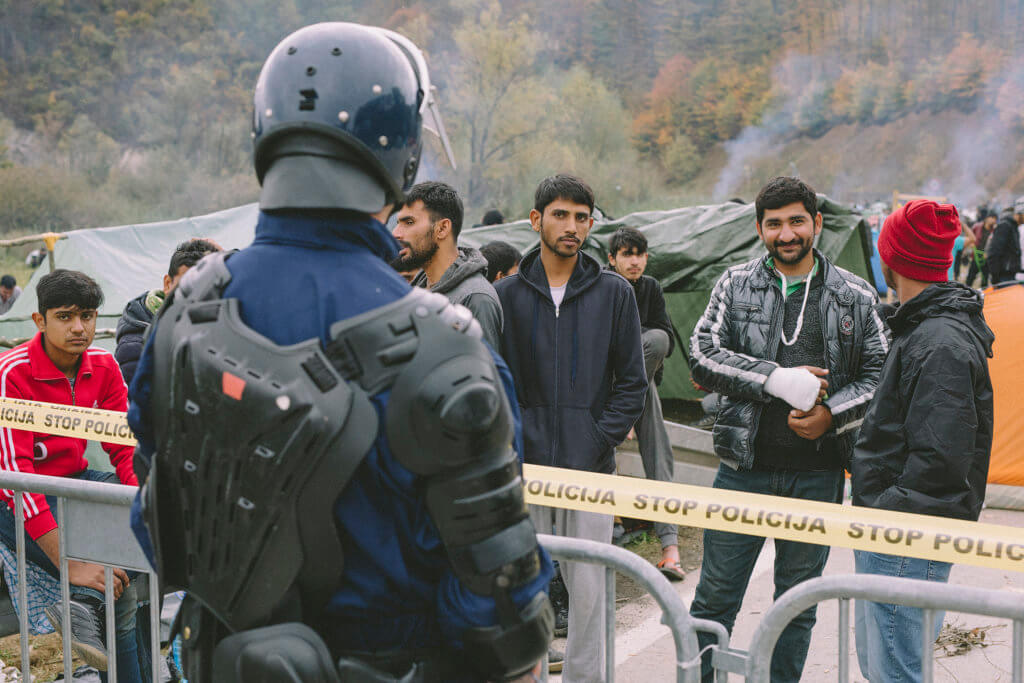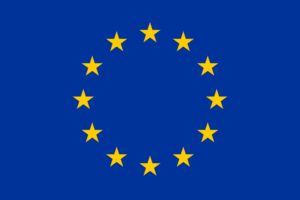Two seventeen-year-old boys, originally from Iran, stand motionless in front of a police vehicle in the wasteland near the Croatian town of Korenica. Two officers put on black gloves and begin their search before loading the boys into a car and driving to the local police station. These are just two of the thousands of migrants being deported by police from Croatia to Bosnia and Herzegovina despite criticism from both Croatian and international organizations. Mass deportations, like these, directly violate migrants’ right to seek asylum and the international protections established by the 1951 UN Convention Relating to the Status of Refugees.
Although migrant numbers have increased since 2015 due to the opening of the so-called Balkan route, most have no intention of staying in the Balkan countries but aim instead for wealthier Western Europe. This is known all too well since migration is also, unfortunately, becoming the central issue in the rest of the European Union.
“In recent years, we have noticed a significant increase in xenophobia in both Europe and Croatia. Refugees are its most common targets, but it expands to all members of society that nationalists consider to be ‘other’ and different,” says Sara Kekuš of the Centre for Peace Studies, a non-governmental human rights organization in Zagreb. “Unfortunately, victims are often those who do not have a full-fledged status in society and are unprotected and less informed about their rights.”
As a result of a hostile approach towards asylum seekers and international migrants, Croatia has experienced a reduction in the number of arrivals from one million in 2015 to a mere 140, 000 in 2018. For those worried about migration, Croatia’s current situation represents a success — but one that would not be possible without the support of Brussels or the closing of European borders.

However, critics of European immigration policies and of the Croatian government’s current migration strategies believe that such segregational immigration policies — based on the separation, exclusion, criminalization, and even dehumanization of entire populations — are actually undermining democratic norms.
“In addition to systemic police violence against refugees, we are also witnessing how easily violence can escalate in all spheres of society when there are no appropriate mechanisms for surveilling and penalizing the offender,” Kekuš says. “If state institutions don’t take responsibility for their own violence and violations of the law or are not sanctioned, we cannot expect society to be any different.”
Critics point to the EU’s lack of systemic solutions and over-reliance on cosmetic humanitarian measures. Instead of long-term policies such as allowing for the temporary protection of a larger number of people, introducing humanitarian visas, and providing other forms of protection or more permanent residences for migrants, the EU has simply attempted to stop people from even reaching Western Europe, explains Drago Župarić Iljić — an expert in migrations and an assistant professor at the Department of Sociology at the Faculty of Humanities and Social Sciences in Zagreb.
“This is the result of the closing of borders, the derogation of refugees’ right to protection, to even reaching the borders of the EU, as well as paying Turkey to detain people within their borders,” he explains.

As an EU border state, Croatia plays a central ‘gatekeeper’ role in enforcing EU immigration policy. However, for Marijana Hameršak — a scientist at the Institute of Ethnology and Folklore Research in Zagreb — the geographical position of the Balkan countries cannot be used as an excuse to routinely absolve countries, political bodies and individuals from their responsibility in violating the human rights of migrants, or cause a general relativization of guilt.
“The reality … should not be ascribed, through some auto-colonial gesture, to some local, in this case, Croatian, barbarism and interpreted as deviant behavior in relation to some external, civilized Other,” she says. “ [While] the deportations, the violence, and lawlessness on the borders of the EU are in a way [created], put plainly, by the border security role of the countries at the edge of the Union … I don’t think we are talking about an irreproachable, absolute given, to which the only response of the government can be a servile attitude — a pseudo-sovereign argument of protecting the borders [through] violence and its normalisation, denial, silence, accusations and fear-mongering – all of which unfortunately [have] had an influence on Croatian governments in their various forms.”
The former Yugoslavia is not un-used to dealing with mass migration. According to UNHCR data estimates, the wars in Croatia, Bosnia, and Herzegovina, Kosovo and Serbia created 2.4 million refugees and up to 2 million internally displaced people.
The most drastic shifts happened in 1991 when, only counting Croatia, a quarter of a million people were relocated, and in 1995 when over 200,000 Serbs left Croatia following the military operation Oluja. Furthermore, during the entire war, Bosnia and Herzegovina had around 2.2 million relocated people and refugees.
In Kosovo, over 800,000 people were relocated and the former Federal Republic of Yugoslavia, primarily Serbia, received 700,000 Serbian refugees from Bosnia and Herzegovina, Croatia and Kosovo. According to UNHCR data, in 1992 Croatia was seventh on the list of 50 countries with most refugees. Many of these refugees — and later economic migrants — moved westwards to countries in Western Europe.
Regional migration today — like that of the 1990s — is also related primarily towards the more affluent countries of Western Europe. Yet despite the similarities between contemporary migrants and previous Yugoslav refugees, authorities in Croatia continue to react with less than empathetic policies.
For Drago Župarić, this disconnect can be explained by an underlying feeling of economic vulnerability and stagnation in Croatian society.
“If people see no opportunities for themselves and those closest to them, they will have an issue with providing them for others,” he says. “Especially for those whose mere existence has been … ‘made illegal’ in line with the discourse of the police and the media, leading such ‘others’ to be perceived as an enemy, a danger, a threat.”
To Hameršak, this assessment does not bode well for future waves of migration.
“There will be many more cases of what is now called ‘crisis migration’, which stems and will stem from various crises, such as war, ethnic and religious conflicts, persecution, poverty, legal insecurity, climate dangers, the collapsing periphery within the global capitalist system,” she says. “Unfortunately, it seems to me that migrations and means of dealing with them in the sense of limiting, stopping, controlling and preventing them, are becoming the discourse of the center and even the left in some countries, meaning it is present in more layers of the ideological spectrum … there is a need to perceive migrations as part of the solution, not the problem.”

The Croatian problem cannot be observed on an individual level because migration is a global phenomenon, and its causes, as well as solutions, need to be international. However, decades of death on the Mediterranean and five years of a humanitarian crisis at the EU borders, including the Western Balkans, prove that the EU remains unable to provide protection to people in search of safety outside of the asylum system, and not even entirely to those in that system.
“The EU has been turning people away at its borders for years, raising fences and externalizing the migrations into countries outside of EU borders. The novelty in the European Commission, that is, the portfolio directed towards the ‘protection of the European way of life’ proves that the EU does not care about human rights, but rather about the lifestyle and pleasure of ‘real’ Europeans,” Kekuš explains. “Unfortunately, instead of joined humane and solidarity, we are seeing, with increasing frequency, the abolishment of human rights and the endangerment of lives. Schengen allows for a free movement of goods, but not people, so it remains to be seen whether the EU will exclusively become an economic, rather than an economic and political union.”
Immigration has become one of the most pertinent issues in the Balkans. However, with Brussels turning a blind eye, the situation in Croatia is not very promising with the number of migrants on the rise again this fall. Furthermore, migration within the region is still constricted in the aftermath of the ethnic conflicts of the 1990s.
Even two decades into the new millennium, the region is still stuck between European and Schengen aspirations, human rights violations and poor bilateral relations.
**

The Transeuropa Caravans project was funded by the European Union’s Rights, Equality and Citizenship Programme (2014-2020). The content of this article represents the views of the author only and is their sole responsibility. The European Commission does not accept any responsibility for use that may be made of the information it contains. Find out more at https://transeuropacaravans.eu.

![Political Critique [DISCONTINUED]](https://politicalcritique.org/wp-content/uploads/2015/09/Political-Critique-LOGO.png)
![Political Critique [DISCONTINUED]](https://politicalcritique.org/wp-content/uploads/2015/09/Political-Critique-LOGO-2.png)